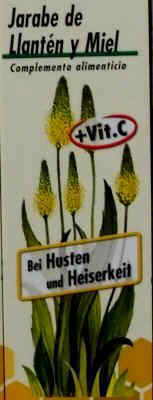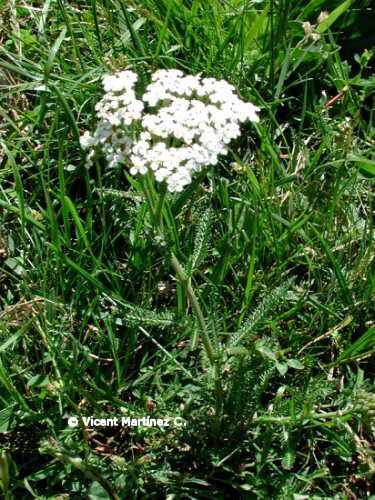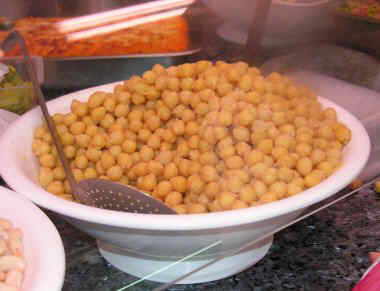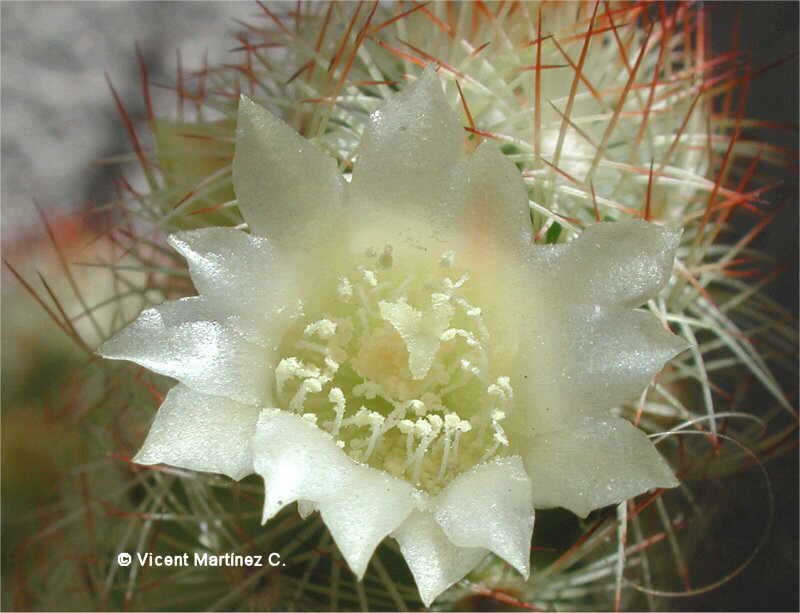Contents
PROPERTIES OF INOSITOL
Characteristics of inositol
Inositol is considered a member of vitamin B complex.
Properties of inositol
Inositol has the following main properties:
- For the good state of the nervous cells. Along with choline it is responsible for the creation of neurotransmitters.
- For the metabolism of lipids. Along with choline,it prevents that these are deposited in the liver and favors its transport and penetration in the cells.
- For the sanguineous circulation. When reducing the cholesterol, it improves the conditions of the same.
- For the good state of the skin and the hair.
- For the good reproductive capacity.
- For the good state of the digestive system.
- For the creation of marrow cells
Problems caused by the lack of inositol

A deficiency of this vitamin is found mainly in the form of:
- Sterility. Inositol is believed to contribute to the creation of sperm. The lack of this vitamin may be responsible for male infertility.
- Problems of the skin: Inositol takes part in the renovation of the skin. An absence of this vitamin can produce dermatitis in the skin.
- Problems in the hair: The deficiency of inositol produces weakness in the hair and could be responsible for the fall of the hair in some cases.
- Diseases in the eyes: Inositol is in abundance in ocular weaves. The absence of this vitamin could be responsible for some diseases of the eyes like the night blindness that is the inability of some people to adjust their view of the dark and are very susceptible to dazzling with light.
- Nervous Problems: Inositol takes part in the chemical equilibrium of copper and zinc in the nervous cells. The lack of this vitamin can produce an excess of copper that will be responsible for the appearance of numerous problems of the nervous system: anxiety, problems with insomnia, nervousness, depression, stress, phobias or fears, etc. Also it is believed that vitamin D deficiency increases neuronal problems of patients with diabetes (diabetic neuropathy).
- Constipation: The lack of inositol can produce an excessive relaxation of the muscles of the intestine that would be responsible for constipation
Where it is found?

- Animal sources of inositol: The main source of this vitamin are liver and all the viscera, meat and milk and its derivatives. Inositol from animal sources is in a form called myoinositol.
- Inositol Plant Sources: Plants may contain it as myoinositol or as phytic acid. The body, through the gut bacteria convert the phytic acid in inositol. The main sources are whole grains vegetables, citrus fruits, beans and nuts.
- Natural sources of inositol: The body is capable of producing inositol in their own bodies. This is the main reason it does not consider this principle as a true vitamin. It is found at high levels in the brain and liver.It is believed that the main tissue responsible for producing this vitamin are the tissues of the intestinal mucosa, brain or nervous system, liver or kidneys.
- Inositol supplements: Besides food, one can get this vitamin through supplements in the form of capsules or tablets. There are supplements that are sold in the form of myo-inositol or myo-inositol with choline.
*Related information: Inositol-rich foods
Medicinal properties of inositol

Taking a lot ot diuretic supplements, such as those of greater plantain, may produce inositol deficiency
- Normally a varied diet is sufficient to meet the daily demands of this vitamin. There are however some situations where it may be necessary to increase the daily dose. The main situations that may cause failures are:
- Problems of the organs that produce inositol: diseases in the gastric mucosa, liver, kidneys, brain or nervous system
- Drinks containing caffeine spoil the inositol. (Coffee, tea, colas, etc.).
- Some medications inhibit its absorption, especially antibiotics.
- Excessive urination by ingestion of diuretics or very large quantities of water.
When is it necessary to take inositol supplements?
The administration of supplements of this vitamin, in habitual doses of 100 daily mgs, can be interesting in the following cases:
- Mental Diseases: It has been shown that ingestion of inositol supplements might be of interest to improve the conditions of some patients with mental problems. Are diseases that can improve, for example, depression, compulsive syndrome, bipolar disorder, panic disorder, anorexia or bulimia.
- Aid to improve the health of the liver: The use of inositol seems to improve the conditions of an ill liver.
- Aid to prevent the Alzheimer: Inositol could be useful in the prevention of the development of the Alzheimer although definitive tests do not exist on this subject.
- Aid to reduce the cholesterol: Inositol, combined with choline, could be interesting in the reduction of the cholesterol.
Daily needs of inositol
There is no ADR and inositol, although it is estimated that the ADR for an adult is between 3 and 5 mg daily.
Toxicity of inositol
Although seems to have no toxicity at high doses has been proven to cause diarrhea.
![]() More information on vitamins.
More information on vitamins.
LIST OF VITAMINS
| Vitamin B1(Thiamin) | Vitamin B2(Riboflavin) | Vitamin B3(Niacin) |
| Vitamin B5(Pantothenic acid) | Vitamin B6(Pyridoxine) | Vitamin B7(Biotin) |
| Vitamin B9(Folic acid) | Vitamin B12(Cobalamin) | Choline |
| Inositol | PABA | Lipoic acid |








